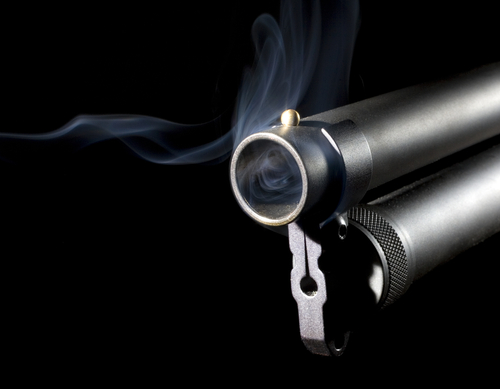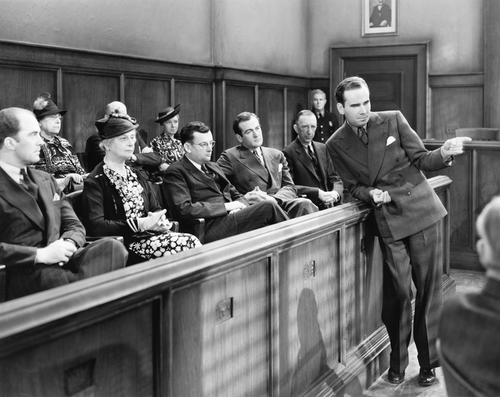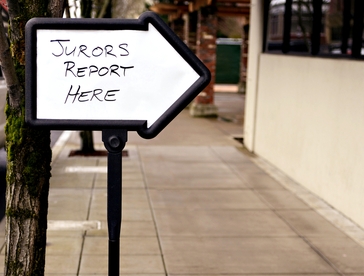Last month, the Sixth Circuit affirmed the convictions of co-conspirator couple Yu Qin and Shanshan Du, who were convicted in 2012 of trade secrets theft. A jury in the Eastern District of Michigan had found that Du absconded with GM’s proprietary documents, passing them to Qin, who then used them to start his own business.
The trade secrets comprised the specially engineered and highly complex “motor control source code” of a hybrid car—the program that directs how and when the electric motor of a hybrid car runs. The jury bought the government’s argument that the hybrid car secrets were on their way to China via Qin and Du, both engineers. READ MORE











